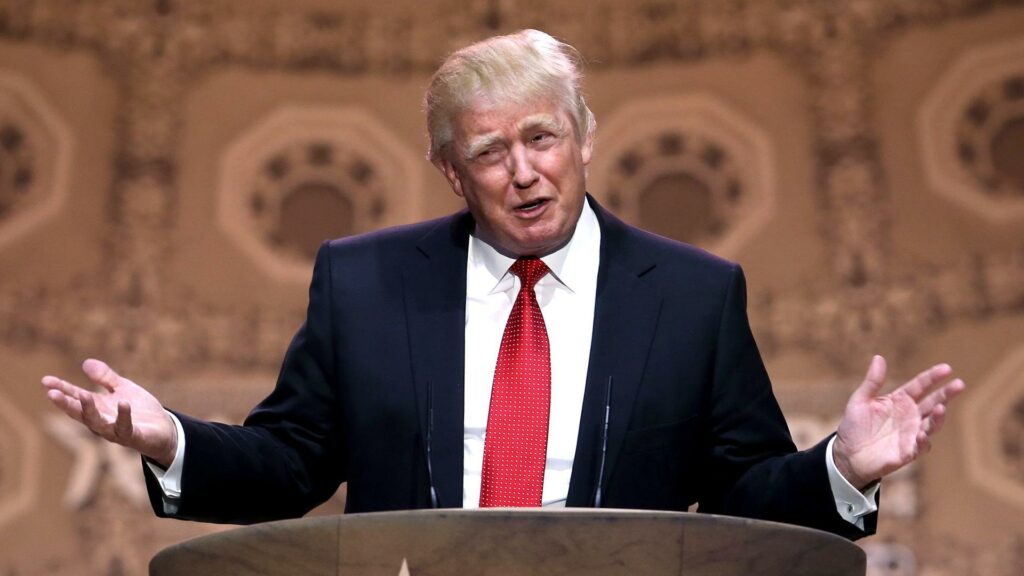President Donald Trump has announced the removal of Federal Reserve Governor Lisa Cook, setting the stage for an unprecedented clash between the White House and the U.S. central bank.
In a letter posted Monday night on his Truth Social platform, Trump said Cook was being dismissed “with immediate effect” over allegations of mortgage fraud. He accused her of signing conflicting mortgage documents in Michigan and Georgia, claiming the action demonstrated dishonesty.
“There is sufficient reason to believe you made false statements,” Trump wrote in the letter, asserting that his constitutional authority allowed him to remove her.
Cook, who joined the Fed’s board in 2022 and became the first Black woman to serve as governor, swiftly rejected the move. “President Trump purported to fire me ‘for cause’ when no cause exists under the law, and he has no authority to do so,” she said in a statement. “I will not resign. I will continue to carry out my duties to help the American economy.”
Her attorney, Abbe David Lowell, signaled plans to challenge the decision, warning: “We will take whatever actions are needed to prevent his attempted illegal action.”
The Federal Reserve, which gained independence from the U.S. government in 1951, has not yet commented. Legal experts note that the president’s authority to remove a Fed governor is unclear and likely to face court scrutiny. Historically, members of the Fed’s seven-person board of governors serve staggered 14-year terms to shield them from political interference.
Trump’s move comes amid intensifying pressure on the central bank to slash interest rates. He has frequently attacked Fed Chair Jerome Powell, calling him a “stubborn moron” for resisting rapid cuts, though Powell recently signaled a potential rate reduction in September.
The dispute threatens to trigger a standoff between the administration and the Fed, raising questions about the institution’s independence. Markets reacted swiftly: the U.S. dollar weakened in Asian trading Tuesday, with investors speculating that Cook’s replacement if seated might lean toward Trump’s push for lower borrowing costs.
If Cook resists, the confrontation could escalate into a defining legal and political battle over the limits of presidential power in monetary policy.

